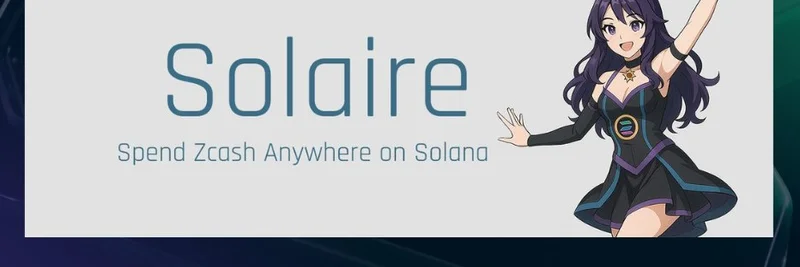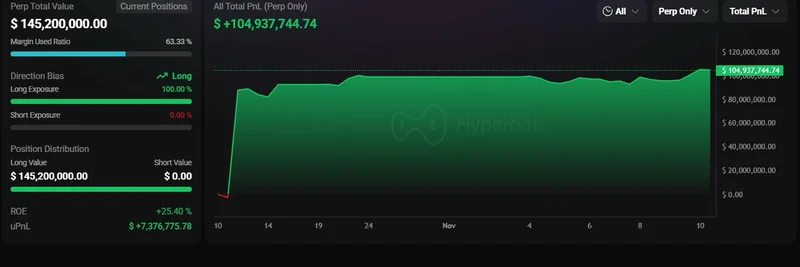If you’ve been scrolling through X lately, you might have noticed a buzz around a certain programming language called Elixir. The latest to jump on the bandwagon is none other than ThePrimeagen, a well-known figure in the developer community. On June 27, 2025, at 01:56 UTC, he tweeted, "it's official starting elixir arc honestly it seems like the most sensible language to write services in" (link to tweet). This sparked a flurry of reactions, and it’s got us at Meme Insider curious about what’s driving this shift. Let’s break it down!
Why Elixir? ThePrimeagen’s Take
For those unfamiliar, Elixir is a functional programming language that runs on the Erlang Virtual Machine (VM), known for its ability to handle low-latency, distributed, and fault-tolerant systems. ThePrimeagen’s decision to start an “Elixir arc” suggests he sees its potential for writing services—think backend systems that power apps or websites. His comment about it being “the most sensible language” hints at its practicality, especially for developers looking to build scalable and reliable software.
This isn’t just a random choice. Elixir’s design makes it a favorite for event-driven systems, which are perfect for real-time applications like chat apps or gaming platforms. Plus, its roots in Erlang mean it inherits rock-solid performance, something ThePrimeagen likely appreciates given his focus on efficient coding.
The Community’s Reaction
The tweet didn’t go unnoticed! Fellow developers chimed in with their thoughts. @seatedro jokingly called it “one more language that will fix me,” a nod to the endless quest for the perfect coding tool. Meanwhile, @MelkeyDev teased ThePrimeagen, saying, “Why do you keep copying me,” referencing their own earlier post from June 2, 2025, where they called Elixir “pretty amazing” (link to MelkeyDev’s post). It seems Elixir has been on the radar for a while!
Others, like @ryanrwinchester, added a practical twist, suggesting that Elixir services might evolve into “distributed monoliths”—a single, cohesive system that still handles distributed tasks. This idea ties into Elixir’s strengths in managing complex architectures, which could appeal to blockchain practitioners exploring meme tokens or decentralized apps.
What Makes Elixir Stand Out?
So, why the hype? Elixir’s secret sauce lies in a few key features:
- Fault Tolerance: It can keep running even if parts of the system fail, thanks to the Erlang VM.
- Pattern Matching: This lets developers destructure data (like breaking down a list or tuple) with ease, making code cleaner and more maintainable. ThePrimeagen might find this tricky at first, as he mentioned struggling with it, but it’s a game-changer once mastered.
- Scalability: Perfect for services that need to grow, which aligns with the demands of modern tech stacks, including blockchain.
According to elixir-lang.org, it’s used across industries like web development, IoT, and even machine learning. For meme token enthusiasts, this could mean exploring Elixir for building decentralized platforms that handle high transaction volumes with ease.
The Learning Curve and Future Potential
ThePrimeagen admitted he finds Elixir’s pattern matching “weird” but is “willing to learn” (link to his reply). This honesty resonates with many developers starting new languages. @ethanniser even suggested it “just needs the type system” to reach its full potential, pointing to ongoing discussions about adding static typing (link to discussion).
For blockchain pros at Meme Insider, this could be a signal to watch Elixir’s evolution. As meme tokens rely on robust, scalable backends, a language like Elixir might soon power the next big decentralized project. Plus, with tools like Mix (Elixir’s build tool) and ExUnit (its testing framework), it’s developer-friendly, which is a win for any tech stack.
Final Thoughts
ThePrimeagen’s Elixir arc is more than just a personal coding journey—it’s a peek into where tech might be headed in 2025. Whether you’re a developer or a blockchain enthusiast, keeping an eye on this trend could pay off. Elixir’s blend of functionality and scalability makes it a contender, especially for services that need to stand the test of time. So, are you ready to dive into the Elixir wave? Let us know in the comments, and stay tuned to meme-insider.com for more tech insights!




